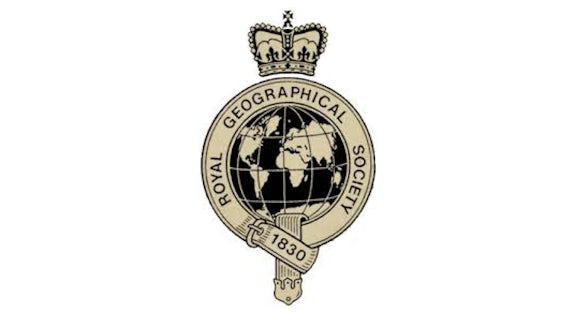Royal Geographical Society Conference
17 Medi 2015

Earlier in September, the Royal Geographical Society held their 2015 Annual International Conference at the University of Exeter. It is the largest geography conference in Europe, with more than 300 sessions, 1100 papers being presented, and more than 1200 participants. (Full details at www.rgs.org/ac2015.) This year the conference theme was Geographies of the Anthropocene, referring to the idea that we are in a new geological epoch in which human society is the greatest force shaping planet Earth.
Dr Hannah Pitt, a Sustainable Places Research Associate presented 2 papers. The first one was in a session titled Cultivating Ecologies which focused on the role of plants in shaping human societies. The paper explored how gardeners make sense of plant growth and their role in it, and whether this results in a more ecological outlook on human-nature relations. Delegates then joined a walk around the campus to explore and discuss its plant geographies. This included a visit to the university's community garden where I was invited to reflect on lessons from my research into these kinds of places, and their role in sustainable communities.
The second paper was part of a series of sessions entitled Food Matters which featured several contributions from Sustainable Places affiliates and marked the formation of the Royal Geographical Society's first food geographies group. Hannah's paper drew on research with colleagues from University of the West of England into third sector initiatives promoting food sustainability. It explored the processes by which relatively niche activity seeks to scale up and out, becoming more mainstream.
Research Associate Dr Ria Dunkley also presented a paper at the conference. Ria spoke in the workshop on Neoliberalism, labour and education about her work on Citizen Science. She discussed here paper “the role of Citizen Science in Environmental Education: a critical exploration of the citizen scientist experience.” Her paper reflects upon early findings from a study that explores citizen science as a pedagogic approach in environmental education. Citizen Science is increasing in popularity and is used by academics, communities and a wide range of Non-Governmental Organisations to reach scientific data collection aims. Many within the field of environmental education see the convergence of citizen-science, science education and environmental education as an opportunity for enhancing sustainable thinking and behaviours.
Finally, our PhD research student Ella Furness also spoke at the conference about ecological resotration. Ella took part in the workshop entitled Ecological Restoration in the Anthropcene. Ella’s presentation discussed “What is the place of human values in restoring environments?” Ella looked at the rationale for applying a values-based approach to understanding environmental change as the notion that distinct sets of value preference drive different responses to environmental change. In her paper she explores the concept of values and looks at how ideas of theoretical and empirical measurement of human values, exploring how they could be used productively to further understanding of the social aspects of restoration.